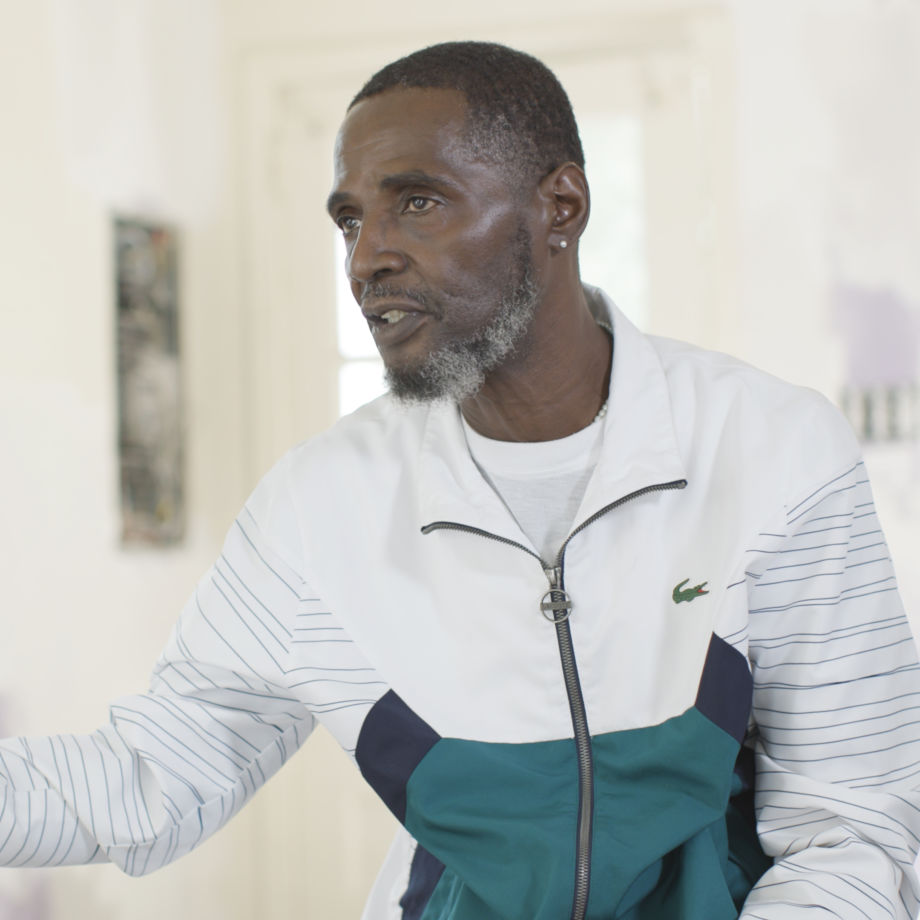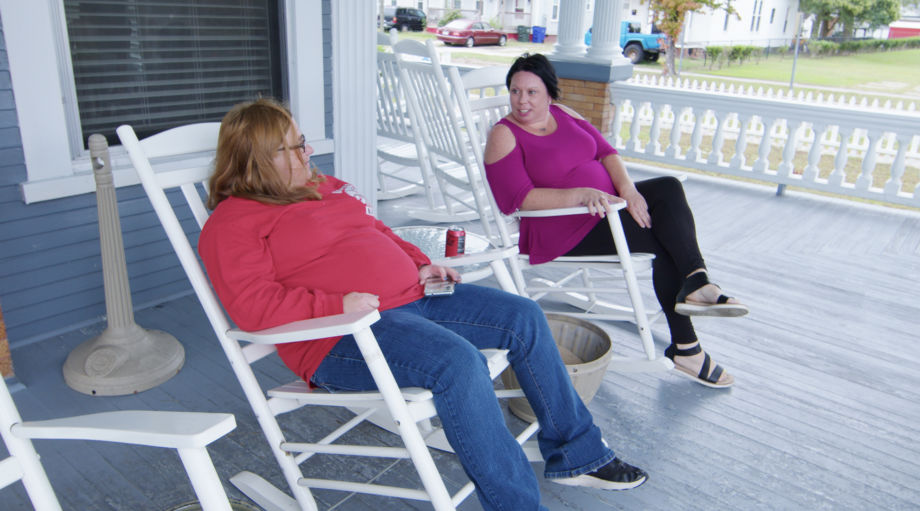Across rural Lenoir, Pitt and Wayne counties in North Carolina, people recovering from addiction or incarceration are changing their lives, and their communities, through the special approach of Hope Restorations, a non-profit social enterprise founded in 2015.
Jada, a recent Hope Restorations program participant, remembers when she reached a breaking point in her addiction story. She recalls a pivotal moment during which she decided that “I wanted to change, and I started thinking what can I do?”
Dunk, also a Hope Restorations program participant and now volunteer leader, recounts the moment when his years of addictions, frequent incarcerations, and a life of instability began to transform. Dunk leans back, looks upward, and says simply, “I felt the love when I first walked in. Hope gave me hope again.”
With roots at Sharon United Methodist Church, Hope Restorations was created by Pastor Chris Jenkins, who now serves as the organization’s Executive Director. Jenkins sought solace in service to others following a life-changing family tragedy. His idea for an organization that could open access to a different future for persons addicted or formerly incarcerated caught on with community members, funding and partnerships followed, and Hope Restorations was in motion. Jenkins credits the momentum to guidance from his abiding faith, and a clear concept at the core of Hope Restorations. “One of the key things an individual needs is honest, paid, dignified employment,” says Jenkins.


